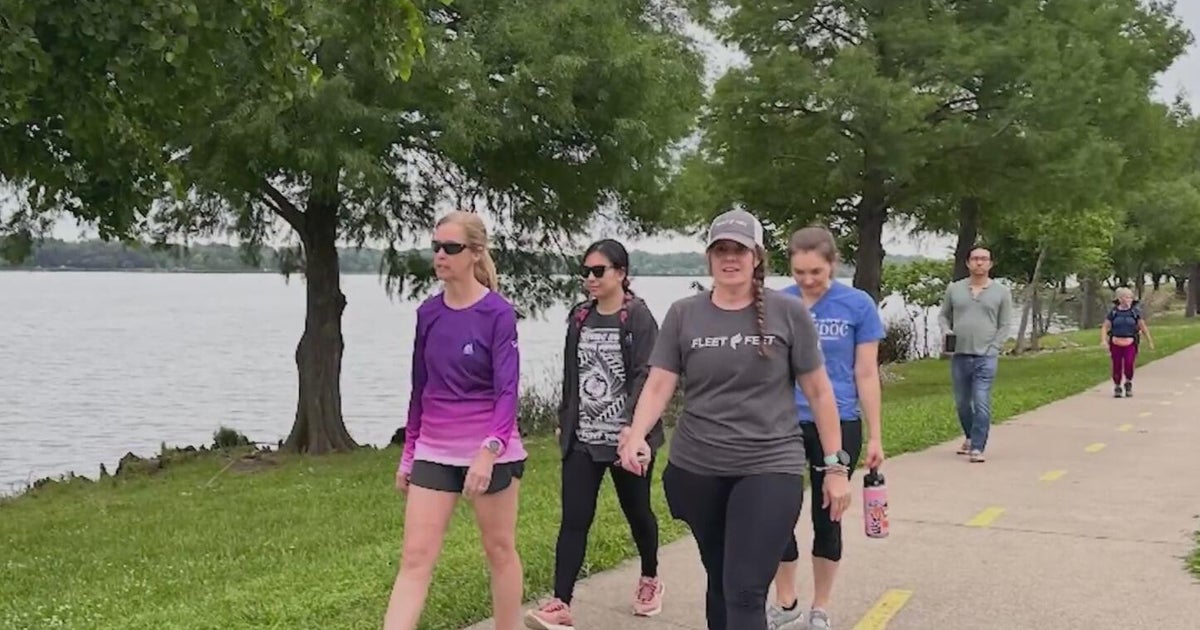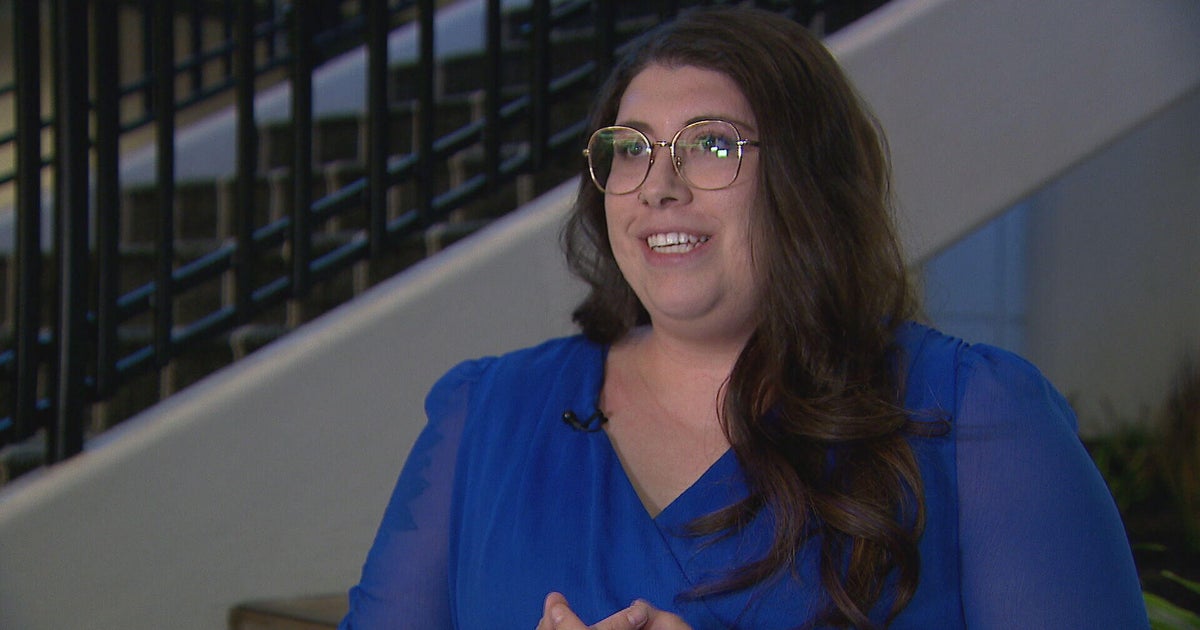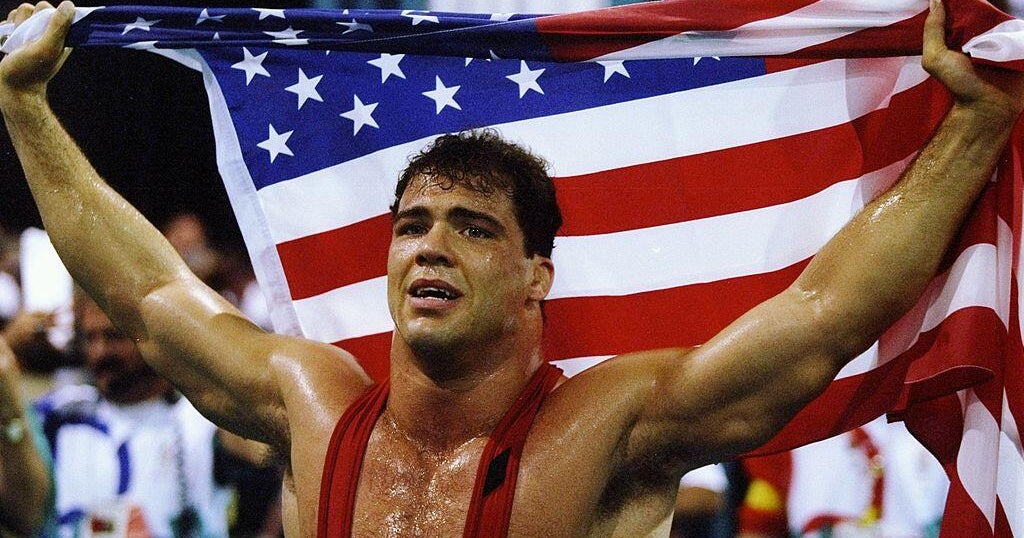The impact book bans can have on youth mental health
PITTSBURGH (KDKA) -- The move to ban some books from schools is spreading across the country. These types of bans can have a detrimental impact on a young person's mental health, however.
KDKA's John Shumway is here with concerns some people are raising about the trend.
A group called PEN America tracks book bans and says between June of 2022 and July of 2023, there were almost 3,400 instances of book bans involving over 1,500 titles.
Florida substantially leads all other states with Texas, Missouri, Utah, and Pennsylvania rounding out the top five.
In the study, there have been 186 book bans in Pennsylvania and last week, when the issue came up at the Pine-Richland school board meeting, no parent spoke up against banning the books -- which concerns psychologist and counselor Dr. Allison Bashe, who lives in the district.
As we heard loud and clearly last week, some parents are concerned about the books in question.
One of the books 'All Boys Aren't Blue' by George Johnson is a young adult memoir about growing up black and queer.
Dr. Bashe of New Directions Mental Health says banning any book can have a detrimental impact on a young person's mental health when you cut off having the ability to have access to literature that features people who look like you, feel like you, and experience the world like you do.
Dr. Bashe says that often the books at the center of the firestorm are those that feature people who are marginalized and already at risk for negative mental health consequences due to their experiences with discrimination.
But some parents flat out feel that the content is inappropriate for their child.
"Parents already have the right to supervise their children's book choices, right?" Dr. Bashe asked.
Dr. Bashe says there's a difference in banning a book and working with educators to pursue an alternative.
"They already have the right to request that a different option be offered to their child, and they can actually do that in privacy," Dr. Bashe said.
She says when, especially older children, see a book banned, the first thing they're going to do is to go out and try and find that book.
It's a delicate line that school boards are being asked to walk by parents who want to protect their children.
Dr. Bashe says that because many of the books are focused on marginalized groups, women, ethnic, racial, and gender identity issues, she says eliminating the books further marginalizes those groups when those books have the potential to help them better understand their lives.







